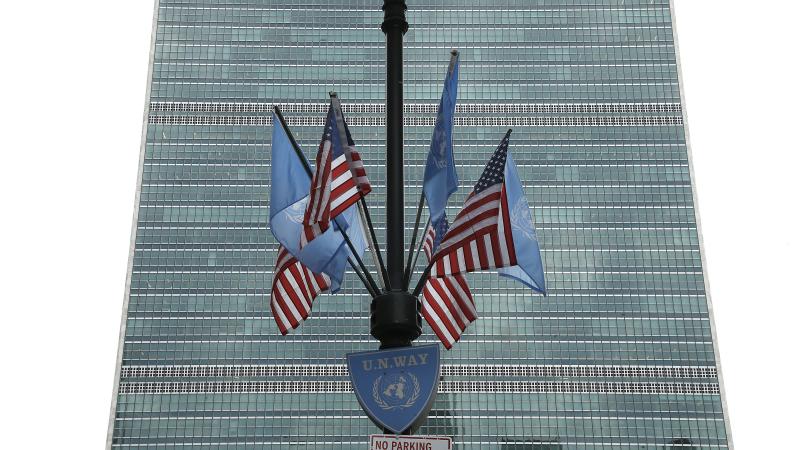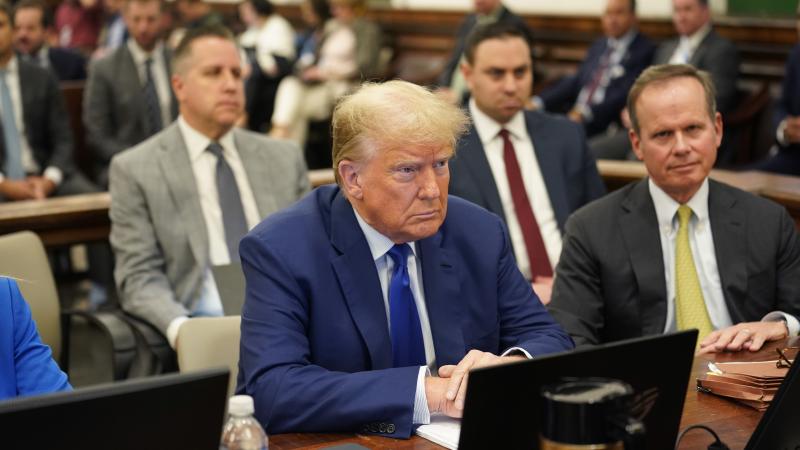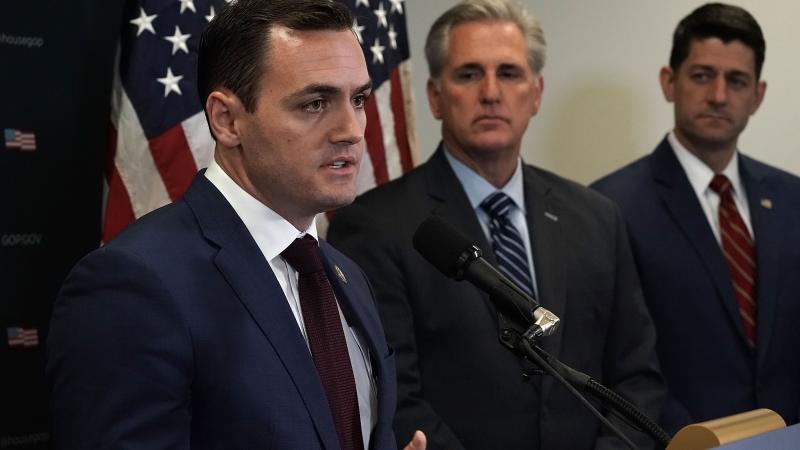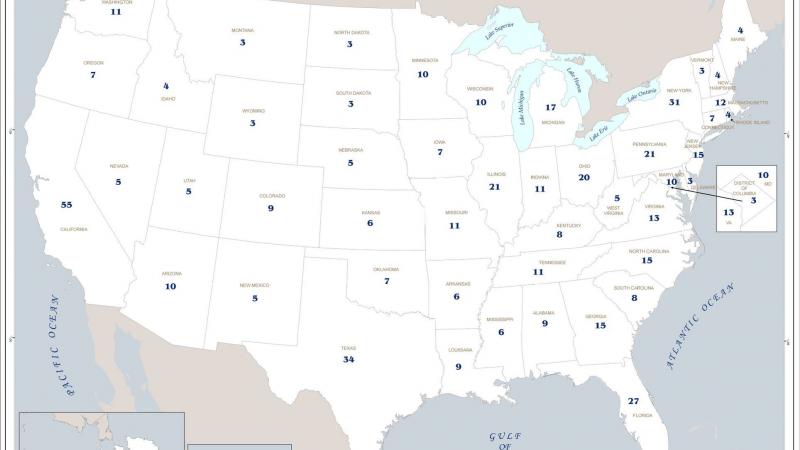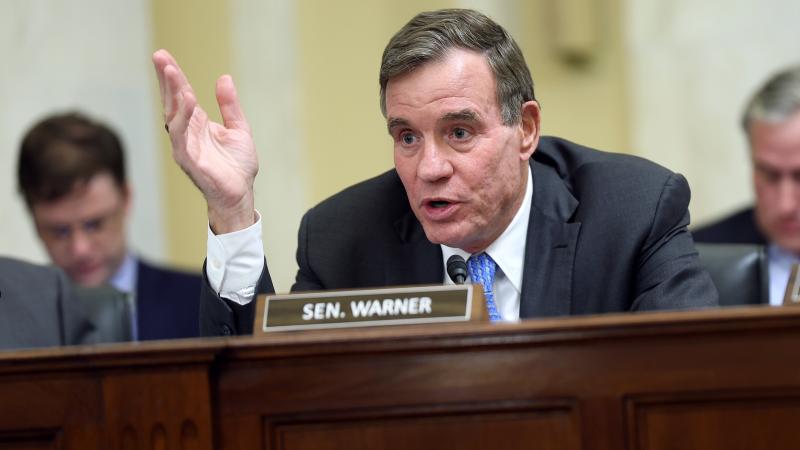Historic Middle East peace deal follows more than a half-century of initiatives
Since the 1967 Arab-Israeli war ended, negotiators have frequently met with frustration in seeking lasting peace in the Middle East.
Tuesday's historic White House-hosted agreement between Israel, Bahrain and the United Arab Emirates was a major breakthrough after more than a half-century of (mostly unsuccessful) initiatives to bring peace to the Middle East. Examples of attempts dating from the 1967 Six-Day War when Israel prevailed against opponents Egypt, Jordan, and Syria include:
1967: U.N. Security Council Resolution 242 — The resolution called for mutual respect and peaceful relations among the former belligerents, and for Israeli forces to withdraw from "territories occupied in the recent conflict." There were disagreements over how to interpret the resolution, and how to read the French and English versions, setting the stage for further disagreement.
1979: Israeli-Egyptian peace treaty — Following the 1978 Camp David accords, Egypt and Israel signed a peace treaty in Washington, D.C. while U.S. President Jimmy Carter looked on. Afterwards, Israeli Prime Minister Menachem Begin and Egyptian President Anwar Sadat were jointly awarded the Nobel Peace Prize. Two years after the treaty was signed, militant Islamists who rejected the agreement assassinated Sadat.
1994: Israel-Jordan agreement — Jordan and Israel signed a peace treaty. Widely disliked in Jordan, the deal became known as a "cold peace."
1993-1995: Oslo Accords — Israel and the PLO held secret talks in Norway, bringing interim accords that were controversial among Israelis and Palestinians, and ultimately brought little progress.
2000: Camp David summit — Palestinian leader Yasser Arafat and Israeli Prime Minister Ehud Barak met in the United States at Camp David. They reached no agreement.
2002-2003: Bush declaration — President George W. Bush called for the peaceful creation of a Palestinian state.
2002: Road maps and plans — A number of states and international bodies — the United States, Saudi Arabia, Russia, the European Union, the United Nations and the Arab League — presented a variety of plans aiming to normalize relations between Israel and a proposed Palestinian state.
2007: Annapolis summit — Palestinian President Mahmoud Abbas and Israeli Prime Minister Ehud Olmert met in Annapolis, Md. to pursue a peace deal. The summit ended without success.
2013-2014: Washington peace talks — Israeli and Palestinian negotiators met in Washington, D.C., to discuss peace. The talks were suspended without resolution.
2019: Trump economic plan — President Trump suggested a plan based on economic incentives. The plan made no progress.
2020: Historic peace deals — In a surprise deal brokered by Trump, Israel and the UAE announced that they will normalize relations. Bahrain and Israel soon announced that they, too, will normalize their relations.

